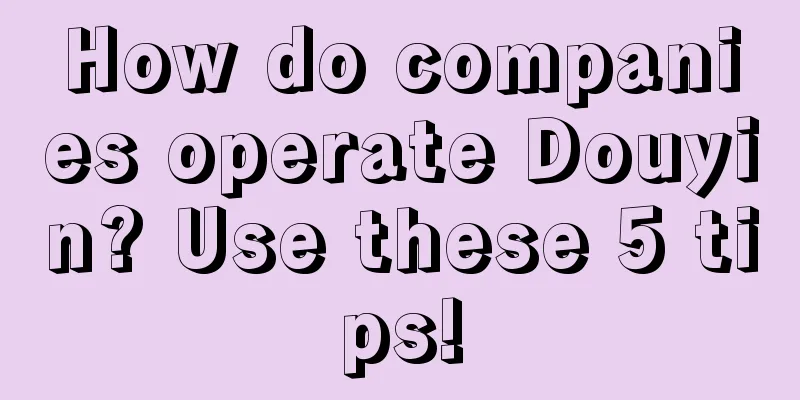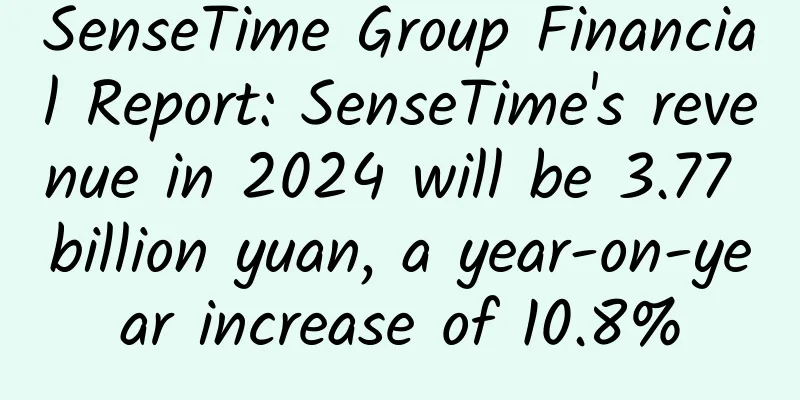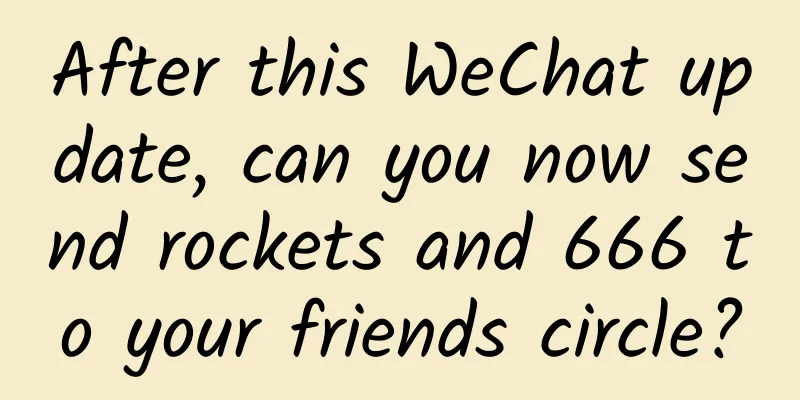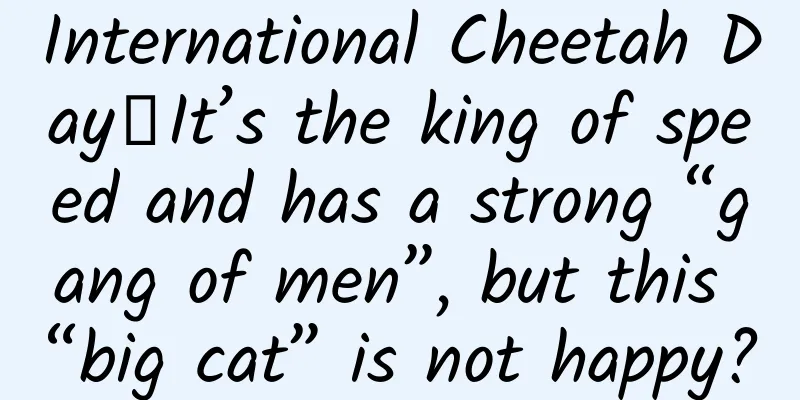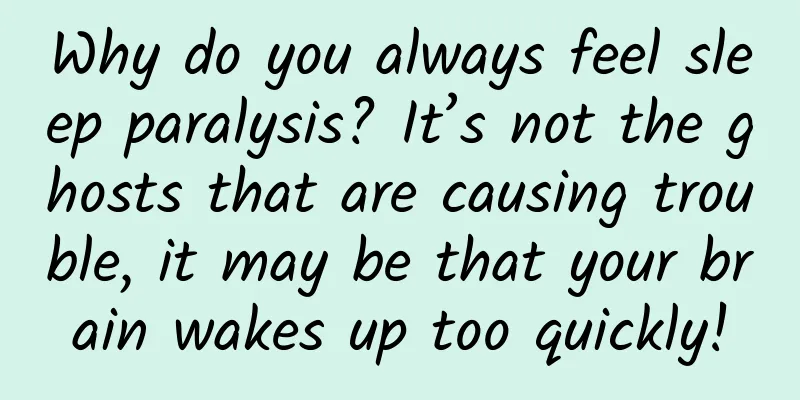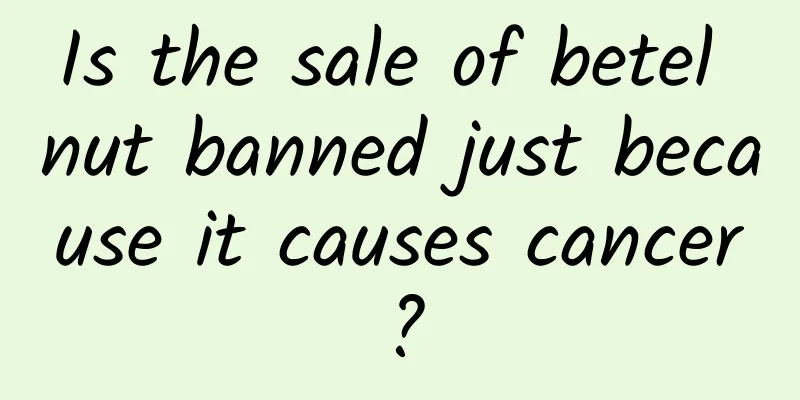10-year copyright case finally settled: US Supreme Court ruled that Google's Android system did not infringe Oracle's Java
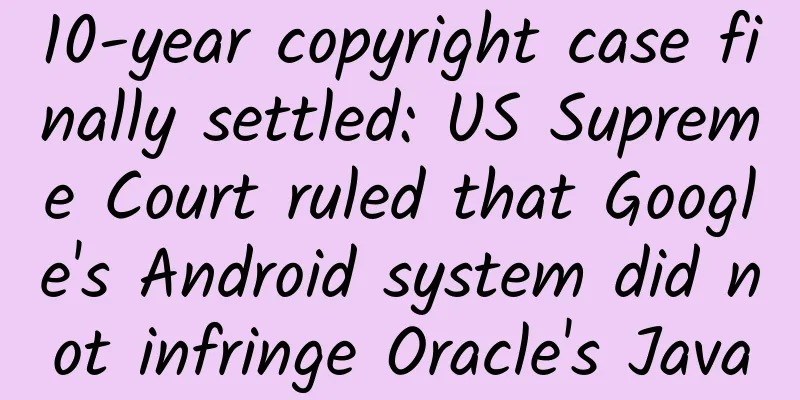
|
The U.S. Supreme Court ruled on Monday that Alphabet Inc.’s Google did not violate federal copyright law by using software code from Oracle Corp. to build the Android operating system that runs on most smartphones around the world. This is a big victory for Google.
The justices voted 6-2 to overturn a lower court ruling that Google's inclusion of Oracle's software code in the Android operating system was not a fair use and violated U.S. copyright law. Justice Stephen Breyer, writing for the majority, said allowing Oracle to enforce copyright on its code would harm the public interest by making it a "shackle that limits future creativity in new programs. Only Oracle holds the key." The latest ruling by the U.S. Supreme Court spares Google from a potentially large damages award. Oracle had been seeking more than $8 billion in damages, but the latest estimate is as high as $20 billion to $30 billion, according to two people familiar with the matter. Kent Walker, Google's senior vice president of global affairs, said: "This decision provides legal certainty for the next generation of developers whose new products and services will benefit consumers." Dorian Daley, Oracle executive vice president and general counsel, said that with the ruling, "Google's platform has become larger and more powerful in the market," with "higher barriers to entry and lower ability to compete." "They stole Java and spent 10 years fighting a lawsuit, which only a monopolist could do. This behavior is exactly why regulators around the world and in the United States are scrutinizing Google's business practices," Daly said. Oracle and Google, both based in California and with combined annual revenues of more than $175 billion, have been feuding since Oracle sued Google in federal court in San Francisco in 2010 for copyright infringement. Oracle's lawsuit accuses Google of copying its Java software, creating Android and earning billions of dollars in revenue by copying 11,330 lines of computer code and its organization. Developers have created millions of apps for Android, which is now used on more than 70% of the world's mobile devices. Google said it did not copy the computer program, but used elements of Java software code to operate the computer program or platform. Federal copyright law does not protect "operation methods" alone. The two companies also disputed whether Google had made fair use of Oracle's software code. “Functionality principle”Technology industry trade groups welcomed the ruling, saying a victory for Oracle would hamper competition by making it harder for people to use programming elements to ensure computers work together. "The high court's ruling holds that the doctrine of fair use of computer code's functionality means that companies can offer competing, interoperable products," said Matt Schruers, president of the Computer & Communications Industry Association. In afternoon trading, Oracle shares were up nearly 4% and Alphabet was up 4.4%. In Monday’s ruling, Breyer wrote that “Google’s copying was transformative,” adding that the company repurposed Oracle’s code in a way that helped developers create programs. The ruling sidesteps the question of whether Oracle's code was copyrightable in the first place. Justices Clarence Thomas and Samuel Alito dissented, arguing that the court should find that Oracle deserves a copyright and that Google's use of Oracle's code is "categorically unfair." Thomas noted that Apple and Microsoft did not resort to copycat tactics like Google to create mobile operating systems, and he said the ruling would hurt competition. Thomas wrote that if "companies can now rip off a codebase whenever they see fit, rather than writing their own, others may hesitate to spend the resources Oracle has done to create an intuitive, organized codebase that would attract programmers and potentially compete with Android." Google lost twice in the Federal Circuit, in 2014 and 2018. In 2016, a jury acquitted Google. In 2018, the Federal Circuit Court of Appeals overturned that decision, finding that Google's integration of elements of Oracle's "application programming interface" did not meet the fair use doctrine, thus rejecting Google's argument that it could adapt them to mobile platforms and transform them into new products. |
<<: Check out all the hidden features of WeChat! I was stunned when I saw the first one
>>: WhatsApp tests new feature: transfer chat history between iPhone and Android
Recommend
Four national departments jointly issued a document, stating that these examinations in hospitals will no longer need to be repeated!
Four national departments jointly issued a docume...
Ronanxi's good posture goes to heaven, scientific and practical posture practice video
Ronanxi's good posture goes to heaven, scient...
December 2021 "Science" Rumor List: Does nuclear heating have radiation?
Does nuclear heating have radiation? The more nat...
Operations uncle: The circle of friends exploded! Let’s talk about why the constellation QR code of the Plato app can be all over the circle of friends overnight!
I'm sure all of you in your circle of friends...
What are the online promotion channels?
What are the common online channels ? There are m...
Regarding the issue of corpus luteum rupture, those who stay in bed and hold their urine on weekends should pay attention
The alarm hasn't rung yet, but you've bee...
Why are Antarctic fish not afraid of freezing? | Science Museum
Antarctica is the coldest place on Earth, and the...
The volcano spewed 80 grams of gold a day. Whose "pie from the sky" is it? Let's go! Let's go to collect the gold
Question of the day: Has the price of gold gone c...
Smart hardware development is no longer mysterious - a software engineer's guide to smart hardware product development
[[128224]] Do you want to start a hardware bu...
These 8 nutrients are known as blood pressure lowering experts! See if you are eating enough?
With the arrival of autumn, the temperature begin...
5K iMac reveals Apple's cutting-edge technology
As the first all-in-one computer with a 5K displa...
Are movies adapted from novels necessarily inferior to the originals? Here are some counter-examples!
In 1999, young Neo in "The Matrix" face...
Should I eat the rice first or drink the soup first? What you eat first makes a big difference
When it comes to nutrition and health, the first ...
Poor cell phone signal? You need to pay attention to the antenna
Precise antenna tuning can help smartphones take ...

